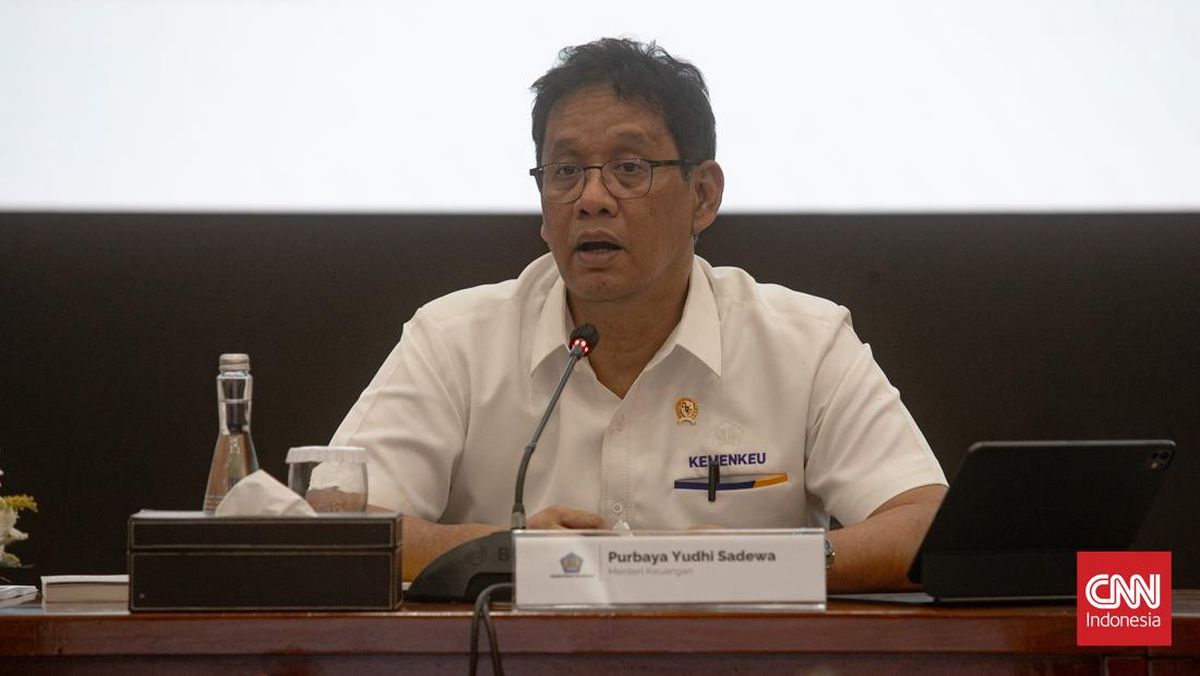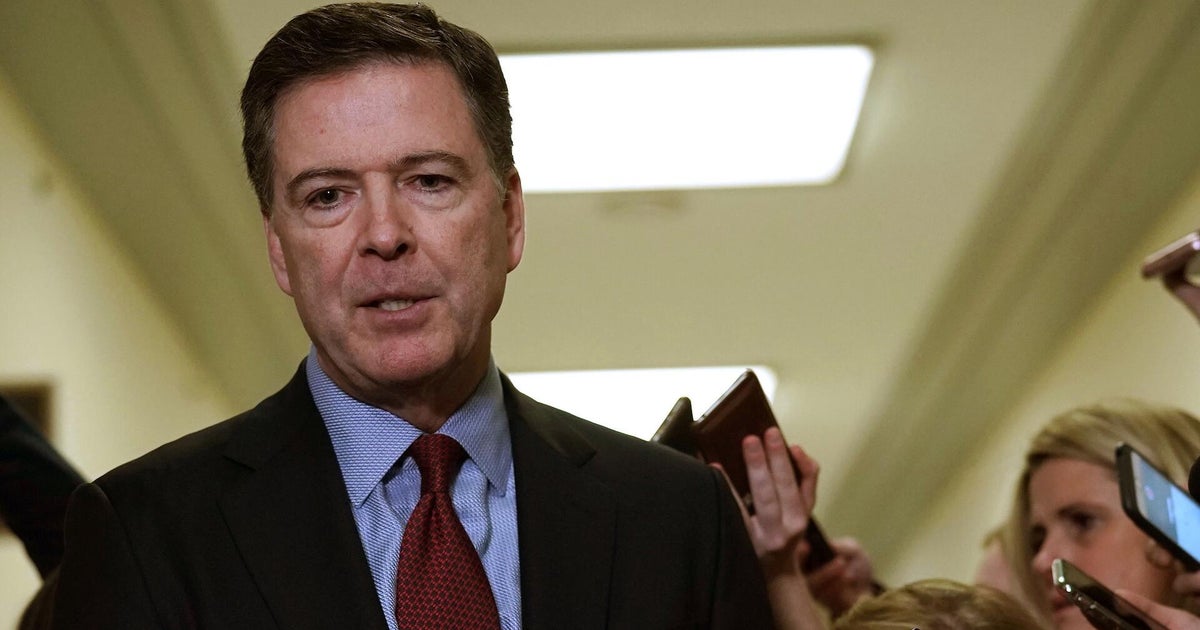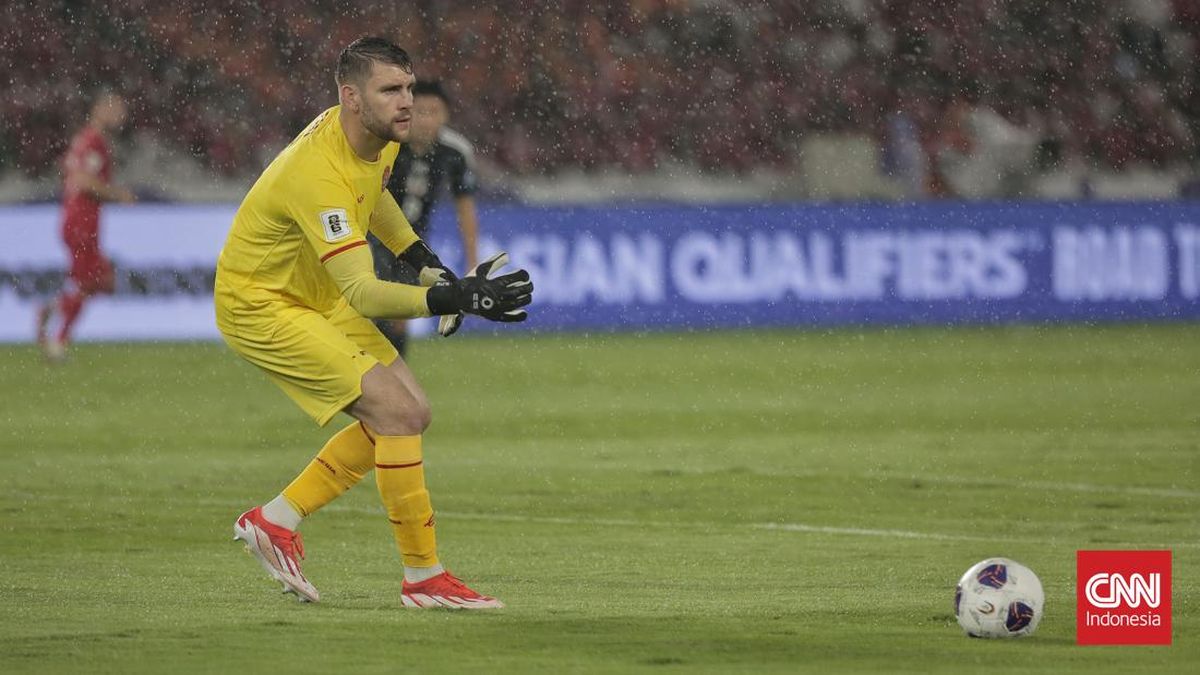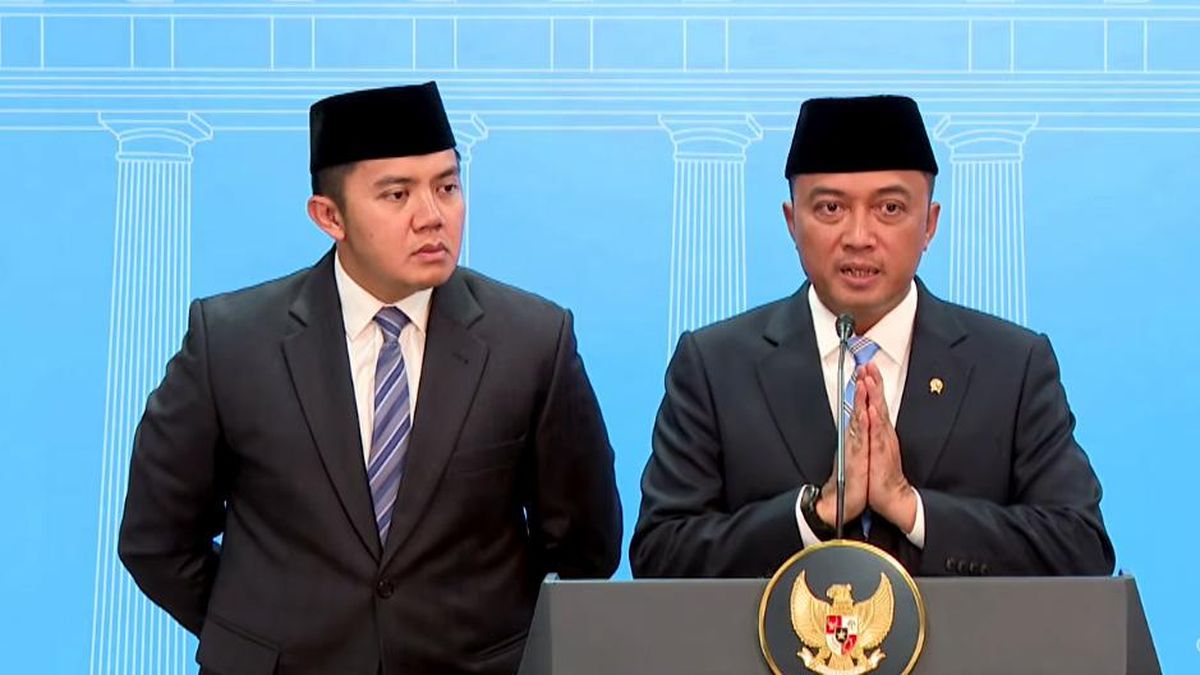What to know about the government shutdown:
- A funding lapse entered its second day on Thursday after the federal government began shutting down when Democrats and Republicans failed to come to an agreement to extend government funding ahead of the Oct. 1, 2025, deadline.
- On the first day of the shutdown, the White House moved to pause or cancel billions of dollars in funding meant for blue states, including $18 billion in infrastructure projects in New York and $8 billion in climate-related projects in 16 states that voted for Kamala Harris in the 2024 election.
- A top White House official also told lawmakers that widespread layoffs could begin in the coming days. Meanwhile, the Congressional Budget Office estimates that up to 750,000 government workers are being furloughed, and they will not be paid until Congress appropriates funding and the shutdown ends. Workers deemed to be essential will stay on the job, although they will also not be paid until Congress reaches a funding deal.
- Republicans and Democrats are blaming each other for the impasse. In the Senate, competing proposals to fund the government failed for a third time on Wednesday. Senate GOP leaders plan to keep holding votes over the coming days to put pressure on their colleagues across the aisle to approve a House-passed bill that would reopen the government, with the next votes set for Friday afternoon.
Warren: "We've been begging the Republicans to come to the table and negotiate"
Democratic Sen. Elizabeth Warren of Massachusetts outlined her party's fight for health care amid the shutdown on Thursday, telling "CBS Mornings" that after months of asking Republicans to negotiate, "Democrats are fighting to try to keep those health care costs down and roll back the Republican cuts."
"We're ready to negotiate. We have had now three months, we've been begging the Republicans to come to the table and negotiate," she said. "The Republicans are saying they won't negotiate when there's not a shutdown, they won't negotiate when there is a shutdown. So far, they won't negotiate at all."
Asked about concerns from some Democrats that a shutdown gives more power to the Trump administration, Warren said President Trump is "going to do whatever he wants to do," while accusing OMB Director Russ Vought of "trying to make as many painful cuts as he can."
"Donald Trump says he doesn't care," Warren said. "He just wants to impose pain on Americans because he thinks that Democrats actually care and that Democrats will be forced to back down."
Senate won't vote again until Friday on measures to reopen government
Senate GOP leadership plans to continue teeing up votes on a House-passed bill that would fund the government until Nov. 21. But the next vote will not come until Friday, as senators observe Yom Kippur on Thursday.
Competing measures to fund the government failed again in the Senate on Wednesday, after doing so a day earlier and on an initial vote on Sept. 19. The Democratic proposal would fund the government until Oct. 31 and extend health insurance tax credits that Democrats have made a top priority. No Republicans have supported the measure.
Meanwhile, Senate Republicans are seeking to peel off Democratic support for their proposal, which passed the House last month. On Tuesday, the measure picked up support from a Democrat and an independent, in addition to a Democrat who had previously backed it, but when the chamber voted again Wednesday, the outcome remained unchanged at 55-45.
With 53 Republicans in the Senate, and a 60-vote threshold to advance most legislation, support from Democrats is needed to fund the government.
Trump says GOP should use shutdown to "clear out dead wood"
President Trump wrote on Truth Social late Wednesday: "Republicans must use this opportunity of Democrat forced closure to clear out dead wood, waste, and fraud. Billions of Dollars can be saved."
Trump administration officials have signaled in recent days that they may use the shutdown to lay off federal workers or — in the president's words — "get rid of" Democratic policies.
Last week, the White House Office of Management and Budget told federal agencies to consider layoffs if the government shuts down — an unusual step since the government typically only sends workers home temporarily during lapses in funding. On Wednesday, after the shutdown began, OMB Director Russ Vought told House Republicans on a private call this afternoon that reductions-in-force, or layoffs, will begin within two days, according to two sources familiar with the call.
"When you shut it down, you have to do layoffs," the president told CBS News senior White House correspondent Weijia Jiang on Tuesday, hours before the shutdown started.
Kaia Hubbard is a politics reporter for CBS News Digital, based in Washington, D.C.

















































